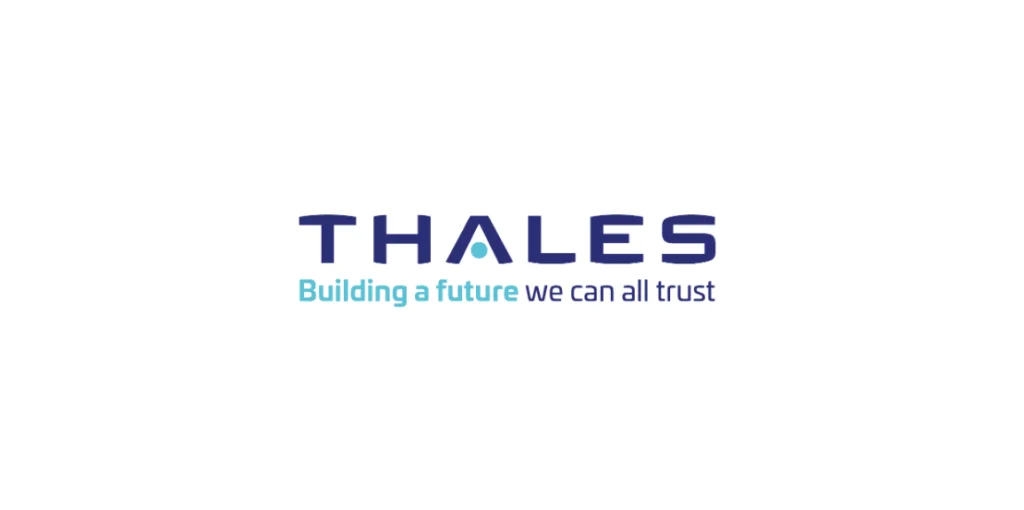Working together, rather than against each other, is more productive. This goes in science and technology, as well

Social Creatures
The saying goes ‘no man is an island’. I hope that holds true for science too. Research, though in some rare instances solo/small-team projects have brought success to individuals, generally it is in collaborations that the best results have been found in history.
The International Space Station, first launched into the heavens in 1998, is a case in point. The space agencies from the USA, Russia, Europe, and Japan, as well as from other countries, thought working together would prove better than going it alone.
CERN, otherwise known as the European Council for Nuclear Research, based in Switzerland, has been the centre of Europe’s particle physics research for 65 years.
These two are prime examples of joint research on the macro level, but there have also been times when great individual minds have come together for the common good of science and mankind:

In the late 1930s, German chemist Fritz Strassman, British physicist Otto Frisch, Austrian-Swedish physicist Lise Meitner, and German chemist Otto Hahn discovered — through closely collaborative research — nuclear fission.
There are many more examples of this, and I’m sure, many more to come in the future.
Humans, by nature, are social creatures, and though there are individuals who operate better alone, or with little or no help, most of us need the security blanket of others.
The disruptive technologies that have broken new ground over the last decade are sure to stretch the intellectual capacities of the greatest scientific minds on the planet. Cryptocurrencies, AI, the IoT, and VR are bringing the possibilities of a ‘different world’ to a new realization of possibility. But for it to happen, the commercial individualism so much a part of western culture, particularly in the US, will have to make way for a more collective attitude.
This is no truer than in quantum computing (QC). Of all the hard tech industries, the one whose future — both in terms of business opportunities and how the technology can improve our lives — is so reliant on cooperation and partnerships to achieve its potential.
Startups and multinationals are already doing it. IBM’s Q Network is working with hundreds of organizations to advance QC. D-Wave Systems has given free access to its quantum computer for coronavirus researchers.
So, we can see things are moving forward.
Another is Zaiku Group, a UK-based R&D venture that wants to act as a conduit for the best minds in deep tech pursuits.
Zaiku Group
Founded in Liverpool in 2013 by Bambordé Baldé and Liam Shore, Zaiku’s operation
‘is that of a cooperative syndicate of individual researchers & engineers working as a group in a collaborative manner to bring about game-changing innovations. Our cyclical model provides long-term sustainability due to our research-development-research closed-loop ecosystem.’

Zaiku offers several services, from its Genesis projects, maths and data consulting to its bespoke G-Cloud offering.
Its Genesis projects encompass the following technological niches:
— ARTIFICIAL INTELLIGENCE + CAPITAL MARKETS
— DISTRIBUTED SYSTEMS OPTIMISATION
— AI + HOMOMORPHIC ENCRYPTION
— AI + 3D PRINTING
— QUANTUM INFRASTRUCTURE
— AI + BIOTECHNOLOGY
Bambordé Baldé, head of pure mathematics/applied division in the group, is, like Zuckerberg, Jobs and Gates, a college dropout — could this be a sign of things to come? Cofounder of two other startups, Chanua, an enterprise-driven healthcare innovation agency and the data intelligence startup Nanosai, only time will tell.
‘Avid startup enthusiast’ Liam Shore, on the other hand, has a Ph.D. in computer science from Liverpool John Moores University. He has a passion for blockchain, distributed systems, AI, data science/mining and algorithmic game theory.
Such a combo has the potential to go far.
The quantum infrastructure, as per Zaiku’s website — unlike other services they offer — is inaccessible currently. TQD waits for developments from the startup, hoping the birthplace of John, Paul, George, and Ringo can become a factory of QC innovation.















